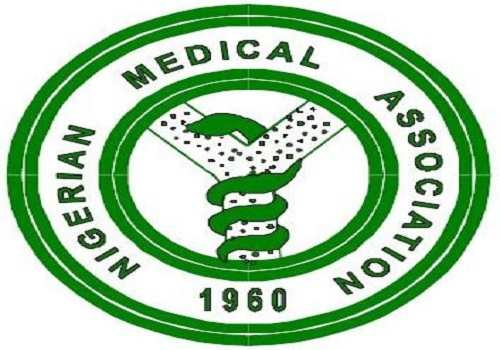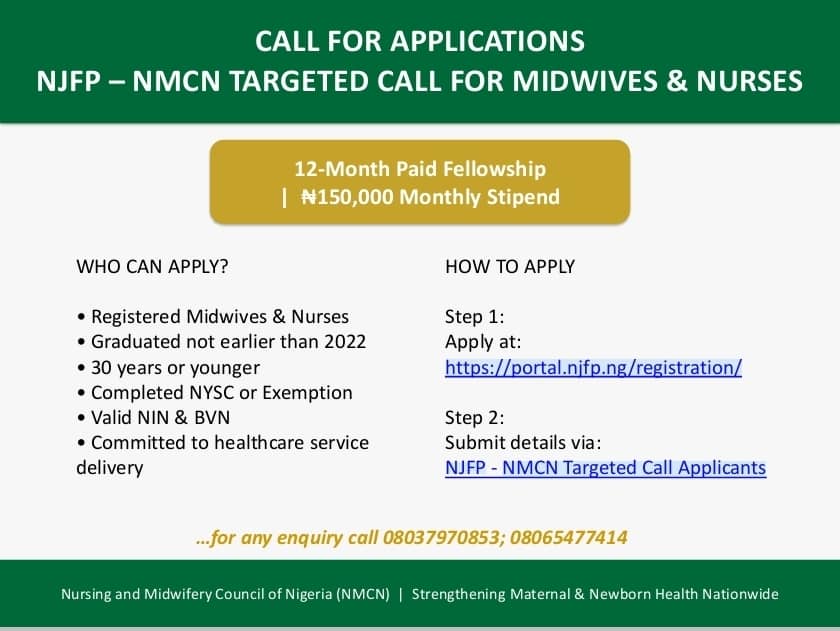In what could be a game-changing moment for healthcare in Yobe State, the Yobe State University Teaching Hospital in Damaturu has secured full accreditation from the West African College of Physicians (WACP) to train 25 resident doctors in Community Medicine. And while it may read like just another bureaucratic milestone on paper, this development deserves far more attention — and, more importantly, sustained momentum.
Announced by Governor Mai Mala Buni during an impromptu inspection of the department, the accreditation marks not only a win for his administration but a hopeful turning point for medical education and service delivery in the state. “Monumental achievements,” he called it. And he’s not wrong.
For a region where healthcare access has historically lagged behind national averages, gaining the stamp of approval from a reputable regional body like WACP should signal a deliberate move toward capacity-building, self-reliance, and excellence. It’s not just about constructing buildings; it’s about laying the foundation for better-trained doctors, stronger systems, and healthier communities.
But accreditation is only the beginning.
The hospital has been cleared to train 15 junior residents and 10 senior residents, a welcome step that could ease the acute shortage of specialists in northern Nigeria. Yet for this opportunity to translate into meaningful outcomes, a few things must happen — and happen fast.
First, the state must commit to retaining these doctors post-training. Without competitive remuneration and clear career pathways, we risk feeding the brain drain the region can ill afford.
Second, infrastructure and resources must match the training goals. Accreditation is not a finish line; it’s a promise — one that must be backed by ongoing investments in labs, libraries, patient care tools, and digital systems.
Third, there’s room for collaboration. By tapping into national and international medical networks, Yobe can create exchange programs, bring in seasoned experts for short-term teaching, and attract research funding that puts the state on the map for medical innovation.
Lastly, and perhaps most importantly, the community must be made part of this success story. Local awareness campaigns, health outreach programs, and public engagement will be crucial to ensure that the benefits of this accreditation ripple outward — beyond the hospital walls and into homes, villages, and underserved areas.
Let’s be clear: accreditation from the WACP is more than a regulatory nod. It is a statement of potential. And it’s up to Yobe State to nurture that potential into something truly transformative — not just for now, but for generations to come.
If managed wisely, this could be the start of a new era in health education and service delivery in northeastern Nigeria — one where the phrase “made in Yobe” carries weight not only in politics but in public health outcomes.




